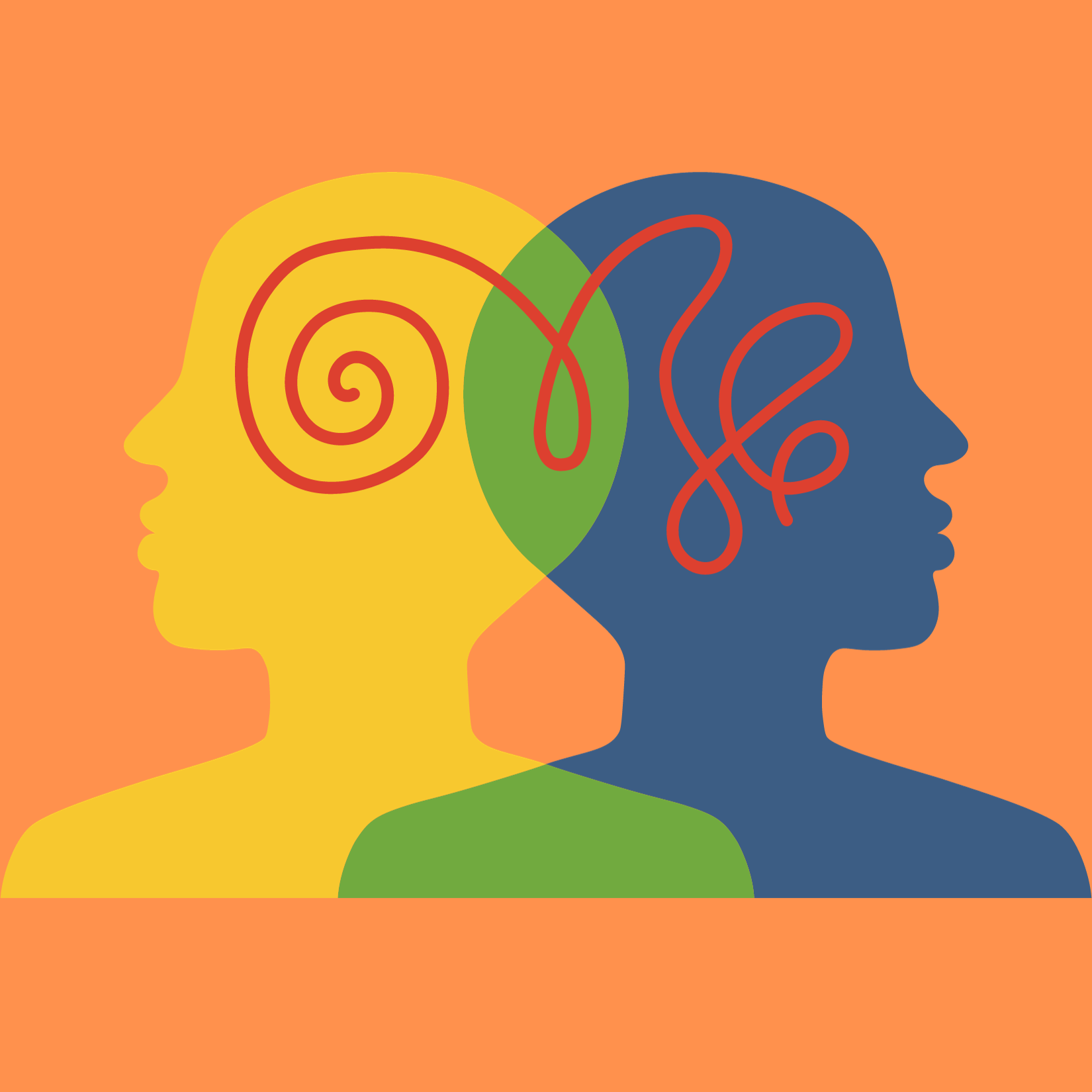We need to see people as people first, patients second.
Dr. Jefferson Parker explains his journey as a clinical psychologist working with people with substance use disorders.
All too often, people with a substance use disorder (SUD) get reduced to a “label.”
“Alcoholic”
“Junkie”
“Drug Seeking”
“Addict”
But these labels dehumanize and reinforce underlying stigmatizing beliefs. By labeling a person a “junkie” or “addict,” health professionals (unconsciously) begin to regard the person as someone less worthy of attention, care, and empathy. Rather than seeing a person as someone whose life has been derailed by a mental illness that is beyond their control, these labels reinforce societal notions of moral culpability. And these beliefs get internalized and shape behavior. So it’s not surprising that people who are “hooked on drugs” actively conceal their use because they understand it is socially unacceptable and assume (often correctly) they will be judged.
But here in lies the Catch-22. People are unlikely to admit to substance use, much less seek treatment, if they believe they will be blamed for their circumstances and seen as unworthy. But in the absence of treatment, the socially unacceptable behaviors that are associated with SUD (lying, manipulating, neglecting family and work responsibilities) continue and worsen with time. And this reinforces beliefs that people with a SUD are less worthy. It is a vicious cycle that undermines our ability to address the underlying causes.
Addiction is the result of multiple factors that, in the right milieu, lead to a reinforcing compulsion. Most people who consume alcohol, take stimulants (like dexamphetamine), or try heroin don’t become addicted. So substance use, in and of itself, isn’t the inherent cause of SUD. There is an interplay between several contributors that must be uncovered and addressed. People with SUD often have co-morbid mental health issues that “dance together.” Each person needs to be seen and treated holistically rather than as a set of separate and distinct disorders.
Worse still, some clinicians mandate that a person be abstinent and in remission for a lengthy period of time before they are considered “worthy” of receiving treatment for their comorbid conditions. It would be unconscionable to mandatethat someone lose weight before receiving any treatment for type 2 diabetes and its complications. Obesity and type 2 diabetes often “dance together” and need to be addressed concurrently. Perhaps prioritizing one but never ignoring the other. We shouldn’t expect abstinence or require people to enroll in a “detox” program as a condition for receiving care.
People with SUD all too often receive inequitable treatment in our healthcare system. Diagnostic overshadowing leads clinicians to minimize or ignore symptoms that would otherwise trigger a thorough diagnostic work-up but are instead misattributed to substance use.1 It is a cognitive bias whereby the person with a SUD (and, in many cases, additional mental health concerns) is seen exclusively through the lens of their labels. Complaints are not investigated. Treatments are delayed or withheld.

Our stigmatizing beliefs show up in subtle and not-so-subtle ways in our language, actions, and behaviors. None of us likes to believe that we are capable of harming another human being who has entrusted their lives to us when they seek help. When people who use substances sense they might be judged, it’s unlikely they will admit they have a problem or seek help. And that’s a tragedy.
After watching this video, the key takeaway for me is that these patients deserve the same level of care and compassion as anyone else. They are individuals with families—mothers, fathers, siblings, friends, and coworkers—and this disease can affect anyone. It is vital to continue dismantling healthcare barriers, engaging in uncomfortable but necessary conversations, and providing these patients with the support and treatment they deserve.
Bethany Thomas, Doctor of Pharmacy Candidate
References:
1 Hallyburton A. Diagnostic overshadowing: An evolutionary concept analysis on the misattribution of physical symptoms to pre‐existing psychological illnesses. Int J Ment Health Nurs. 2022 ; 31(6): 1360–1372.
